Year on year, thousands of road accidents take place on our roads, causing personal injuries, vehicle damage and in some cases, death.
Considering the numbers of accidents that occur, it’s no surprise that road traffic personal injury claims are the most common form of injury claim in the UK.
Being involved in a road accident, even if it’s a minor one, is a traumatic experience and as such it’s important to have access to the relevant information and advice you need to make sure you’re making good decisions in the aftermath.
We’ll take a look at some key considerations relating to road safety practices and compensation claims, as well as providing you with a sound protocol to follow if you are ever involved in a road traffic crash yourself.
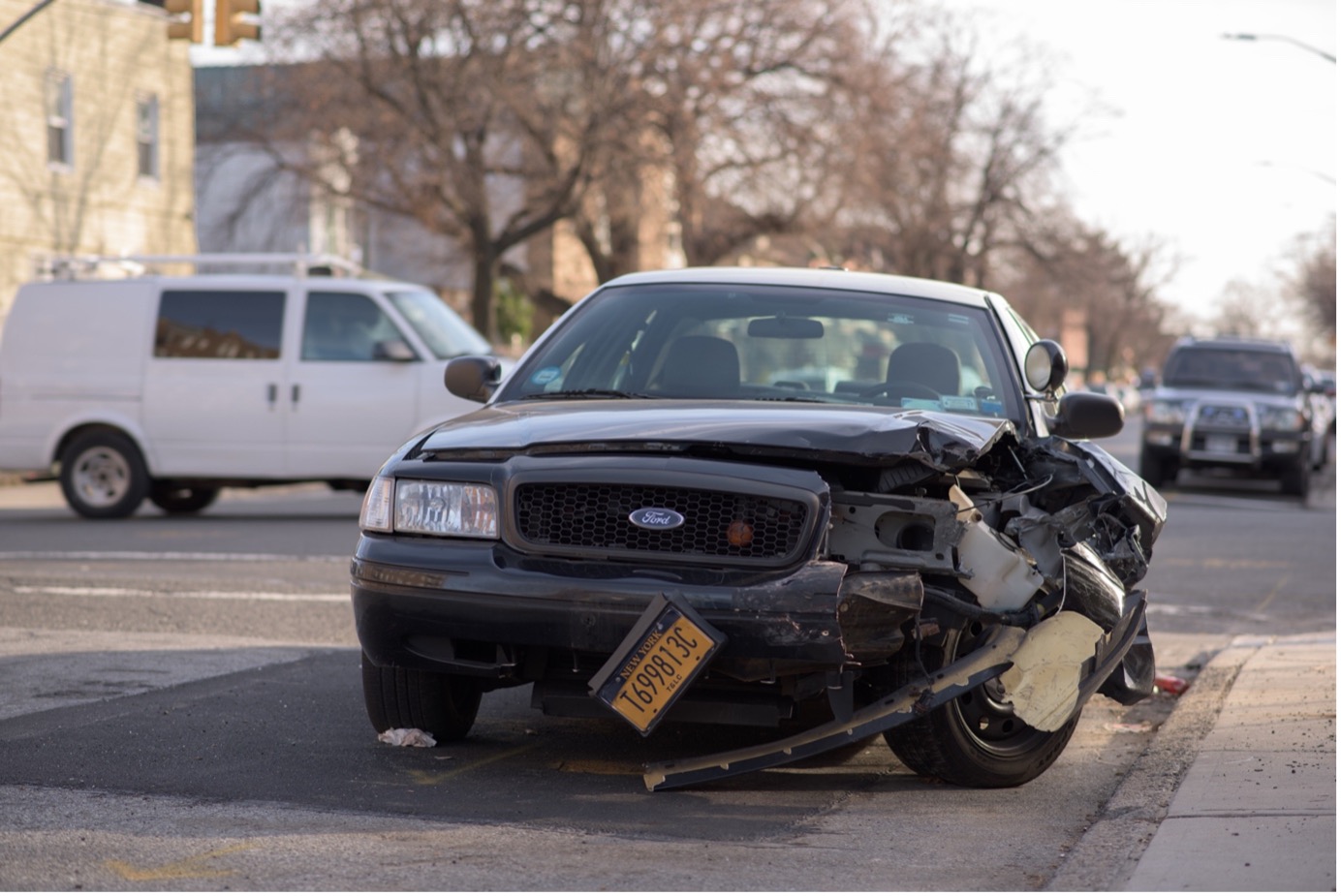
Personal Injury Accidents
If you’ve experienced an injury in an accident that wasn’t your fault, you’re within your rights to make a personal injury compensation claim. You are also entitled to be compensated for any emotional distress or psychological effects you may have experienced as a result of the injury or injuries you sustained in the accident.
Road Traffic Crash
If you’ve been involved in an incident on the road and sustained an injury that you feel was caused by another parties’ negligence, you may be able to claim compensation. Most claims with UK injury solicitors are made on a “no win, no fee” basis. This means that you won’t have to pay your solicitor if your claim isn’t successful. If, on the other hand, your claim is successful then you will usually pay your solicitor the success fee agreed upon before proceeding with the case. This is capped at 25% of the compensation recovered.
Relevant Information for Claiming Compensation
To ensure that your solicitor has everything they need to bring your claim forward, you will need to gather some important details for their records. If you have any of the following information, make sure to provide your solicitor with it:
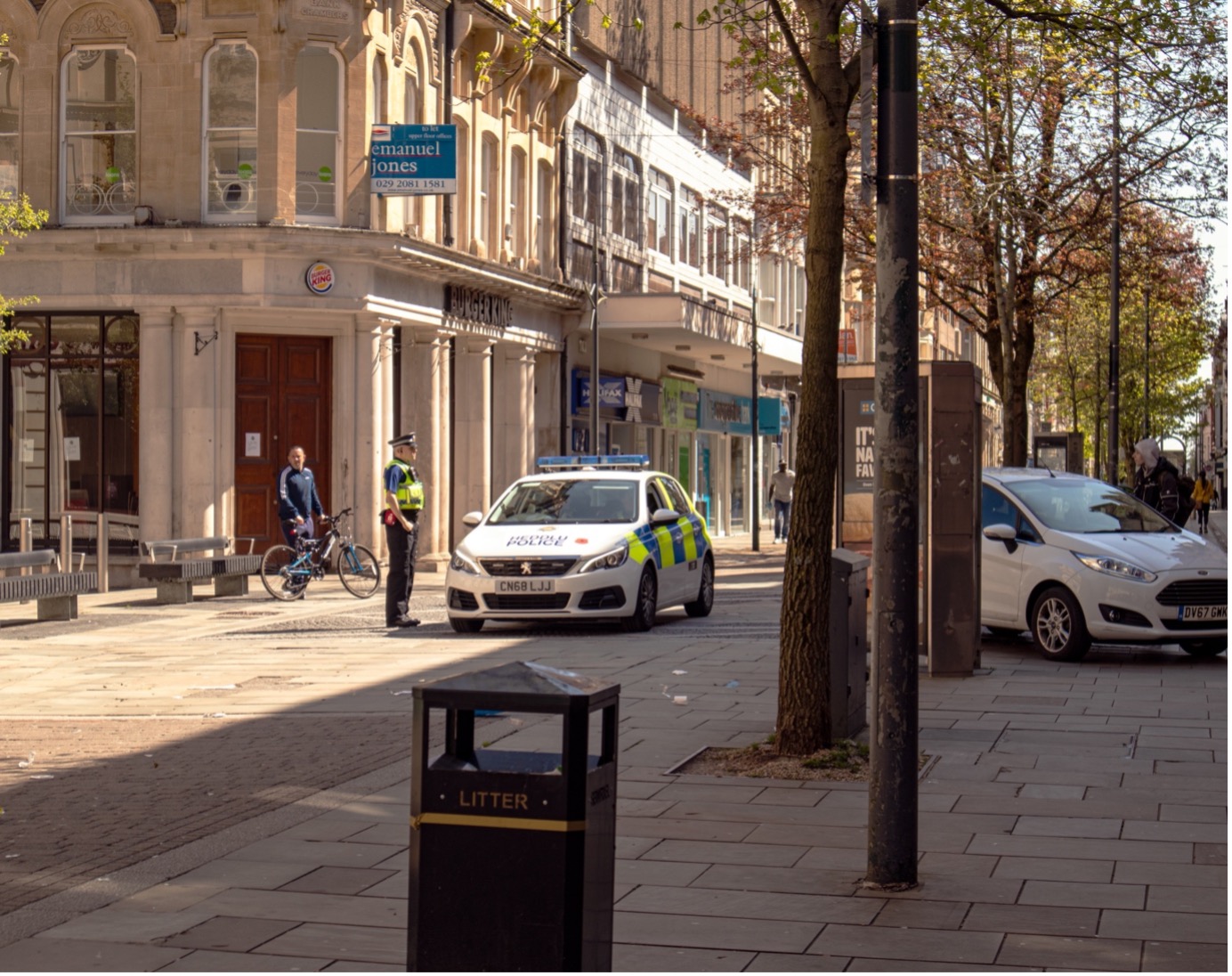
Time Limit
UK law requires anyone who has sustained an injury in a road traffic accident to commence Court proceedings within a three year period. (Although there are different time limits for minors or those who lack capacity). This means that your case should be proceeding within the three year period, and just getting in touch with a solicitor will not suffice.
What to do after a Road Accident
With road traffic collisions being an unfortunate but frequent occurrence, it’s very useful to be well informed about what you should do in the event that you are ever involved in one yourself.
Aside from the obvious possibility of serious injury, the intensity and emotion levels involved with this type of traumatic event are very high. Nobody can be expected to handle themselves perfectly, but taking care of even a few of the following steps can save further damage from occurring, and leave you in a better place to recoup compensation down the line.
Warn Oncoming Traffic
An accident in the middle of a road has the potential to cause further collisions, so the best strategy is to warn other drivers using your hazard lights. If you have a reflective advance-warning triangle (a small red triangle with a highly reflective surface that will pick up headlight beams) place it enough distance away from the accident scene to allow other road users to spot it.
In general, it’s advisable not to move the vehicle involved in the crash, especially if it was a serious one. If the accident was minor and the vehicle is in a dangerous position on the road, mark its position by taking photos and then move it out of the way.
Call for Help
It goes without saying that if you or somebody else is injured at the scene of the accident, you will need to call the ambulance services, as well as the police (999 or 112). If the accident was a minor one with no road traffic injuries or people requiring medical attention, and you’ve exchanged details with the other driver, call your insurer to report the accident.
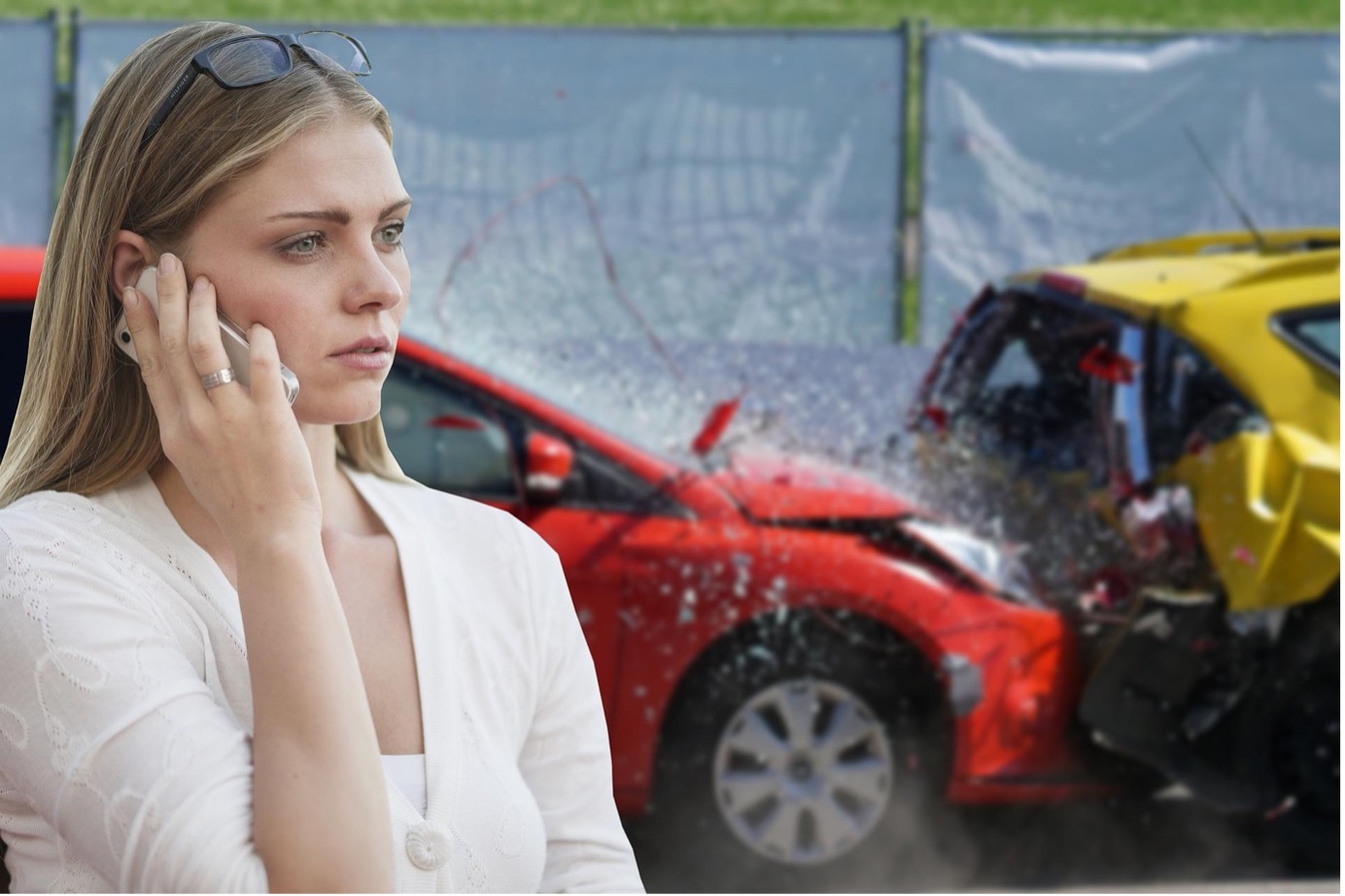
Collect Information
It’s up to you to gather the necessary information from the collision site, in case the question of liability arises down the line.
The first information to collect is the name, address and telephone number of the other driver or drivers involved in the collision. If there are any witnesses present at the scene, make sure to take the same detail from them, as they may play a role at a later date in determining who was at fault.
Next, take several photos of the scene of the accident. Go round the vehicles involved in the collision and capture an image of any damage that has been sustained.
Finally, when the police forces arrive at the scene, note the name and number of the policeman or woman to whom the collision was reported. The filing of a police report is an important part of an insurance claim.
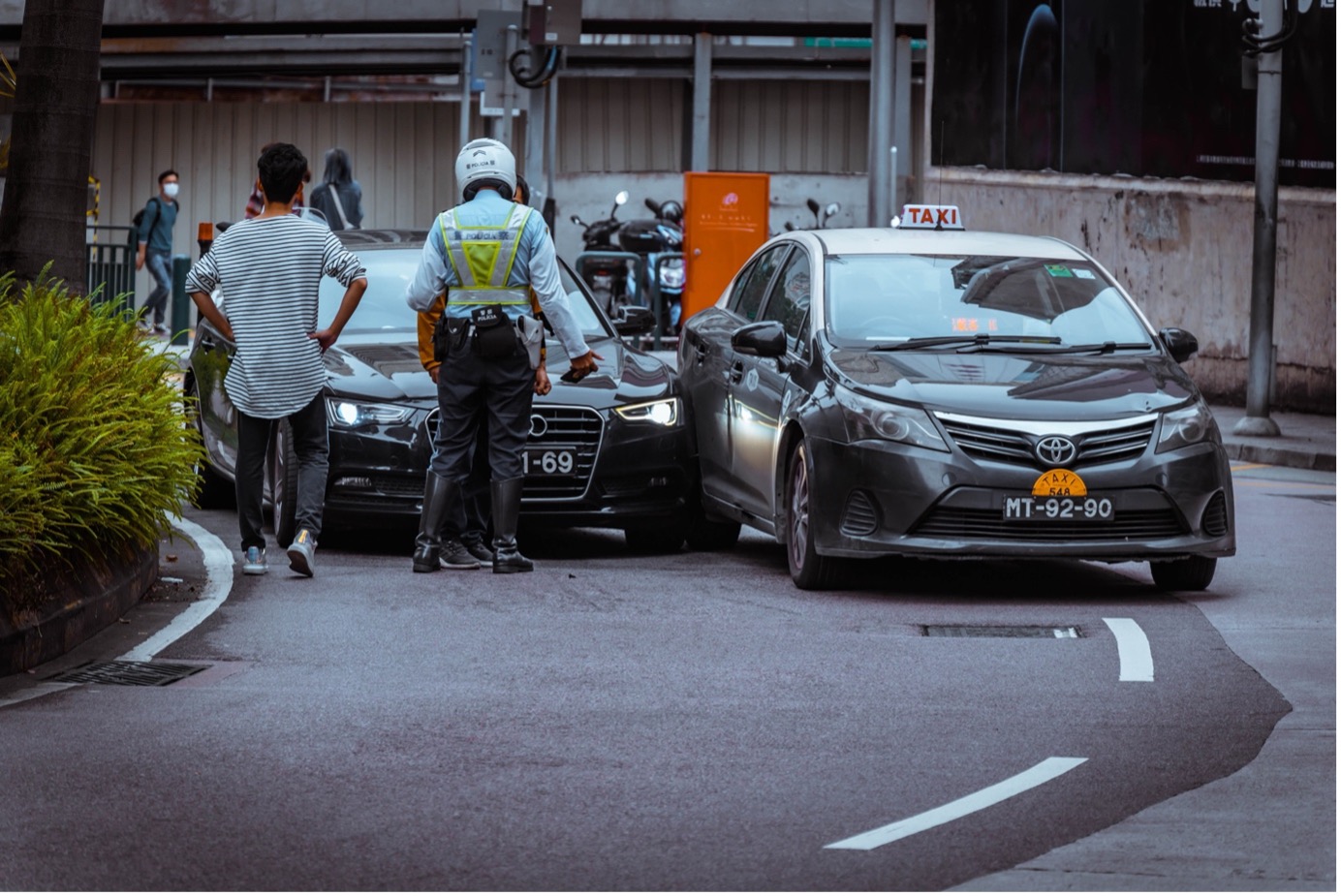
Insurance Companies
Driving a vehicle on British roads without motor insurance is prohibited. In the event of an accident, it falls on the responsible party’s insurance company to cover the costs of repairing any material damage to the other driver’s vehicle and covering medical care for their injuries.
If you’ve been involved in a crash on the road, you should let your own insurance company know so that they can record the accident on their system.
Uninsured Drivers
Despite the strict laws regarding motor insurance in Great Britain, a large number of road accidents involve uninsured drivers. If you are involved in a collision where the other party is not insured, your claim will have to be pursued through the Motor Insurers Bureau (MIB), whose specific role is to compensate victims of road traffic collisions where an uninsured or unidentifiable person is liable.
If you have sustained any injuries, your solicitor will still move forward with a personal injury claim, while also having to pursue a separate claim with the MIB.

Road Traffic Injuries
The severity of any road traffic injuries sustained in a crash will depend on a number of things, including vehicle model and road type. Generally though, the higher the speed of the vehicle at the time of impact, the higher the risk of serious injury, or in the worst case scenario, death.
Whiplash
One of the most common injuries sustained in road accidents is whiplash, which occurs when a vehicle travelling at speed is forced to stop suddenly, either due to brakes being applied or impact. When this happens, the driver and passenger’s heads will jolt suddenly, and the tendons and ligaments in the neck will be stretched unnaturally.
The symptoms of whiplash can include neck pain, stiffness and headaches. While the injury is often thought of as only a short term one, pain and restricted movement in the neck can often linger and affect daily life. In fact, somewhere around a third of people who experience whiplash still report symptoms after three months, and in 2% of cases it becomes a permanent disability.
Whiplash Law Changes
On the 31st of May 2021 the government changed the rules for making small personal injury claims following a road traffic accident. A tariff was introduced that made compensation for whiplash injury claims fixed, banded by severity and much lower than it was previously.
Road Safety
Personal injury accidents caused by road collisions are usually caused by driver negligence. Road safety data shows that there are a number of things you should be wary of when driving, including speed limits, blood alcohol levels and use of your mobile phone.
Alcohol
One of the leading causes of road accidents continues to be people who are driving under the influence of alcohol. The Department for Transport reported a central estimate of 1,500 people who were either killed or seriously injured from drink-drive accidents in 2020. The total number of people who were killed or experienced any injury at all from these reported road accidents was 6,480 people.
These are significant figures, and it shows you that despite widespread knowledge about the dangers of drunk driving, it is still a problem on our roads, in particular with young males.
Weather
Although there are many things that are under your control when driving a vehicle, the weather is not one of them. Poor weather conditions can make driving difficult, meaning road safety is of utmost importance.
Rain
Strong rain or flooding will make the road wet, meaning it can take twice as long to stop when you’ve applied the brakes. In wet weather, make sure to slow down and maintain a safe distance from the vehicle in front of you.
If you lose control of the vehicle because of a loss of grip, immediately take your foot off the accelerator and refrain from any sudden steering movements or braking.
Fog
Visibility is crucial while driving, so when driving in heavy fog you should maintain a slower pace and be extra careful. Using dipped headlights will mean that other drivers can see you, but you should only use fog lights when the visibility is so reduced that you absolutely have to.
Snow and Ice
If heavy snow is forecast, the sensible decision is not to go out in your vehicle until it dies down. If you have to, try to drive on major roads where Highways England have had the chance to clear the fallen snow. Avoid steep hills and exposed roads.
Ice represents a real danger on the roads, as often it’s not visible and can cause you to skid suddenly. Use a higher gear than normal to avoid your tyres spinning on slippery roads, and accelerate and brake gently.
Wind
It might not seem as risky as other severe weather conditions, but high winds can cause high-sided vehicles to blow off course and into your path. Take care on open stretches of motorway and reduce your average speed, especially when driving alongside lorries or other large vehicles.
Seat Belts
The failure to wear a seat-belt is a major factor in fatalities occurring in road traffic accidents. Road casualty statistics show that in 2020 that one in four passengers and drivers killed in vehicle collisions were not wearing a seat belt.
The UK government has undertaken a sustained campaign called ‘Think!’ to promote the use of seat belts as a key road safety behaviour, with safety advertisements featuring prominently across television and online media platforms like YouTube. Their advice to anyone driving a car is to always wear your seat belt before setting off on a journey, and not to think twice about asking your passengers to do the same.
In the ten years that followed the initiation of the ‘Think!’ campaign, UK road deaths fell by 46%. The seat belt reduces serious injuries and road casualties!
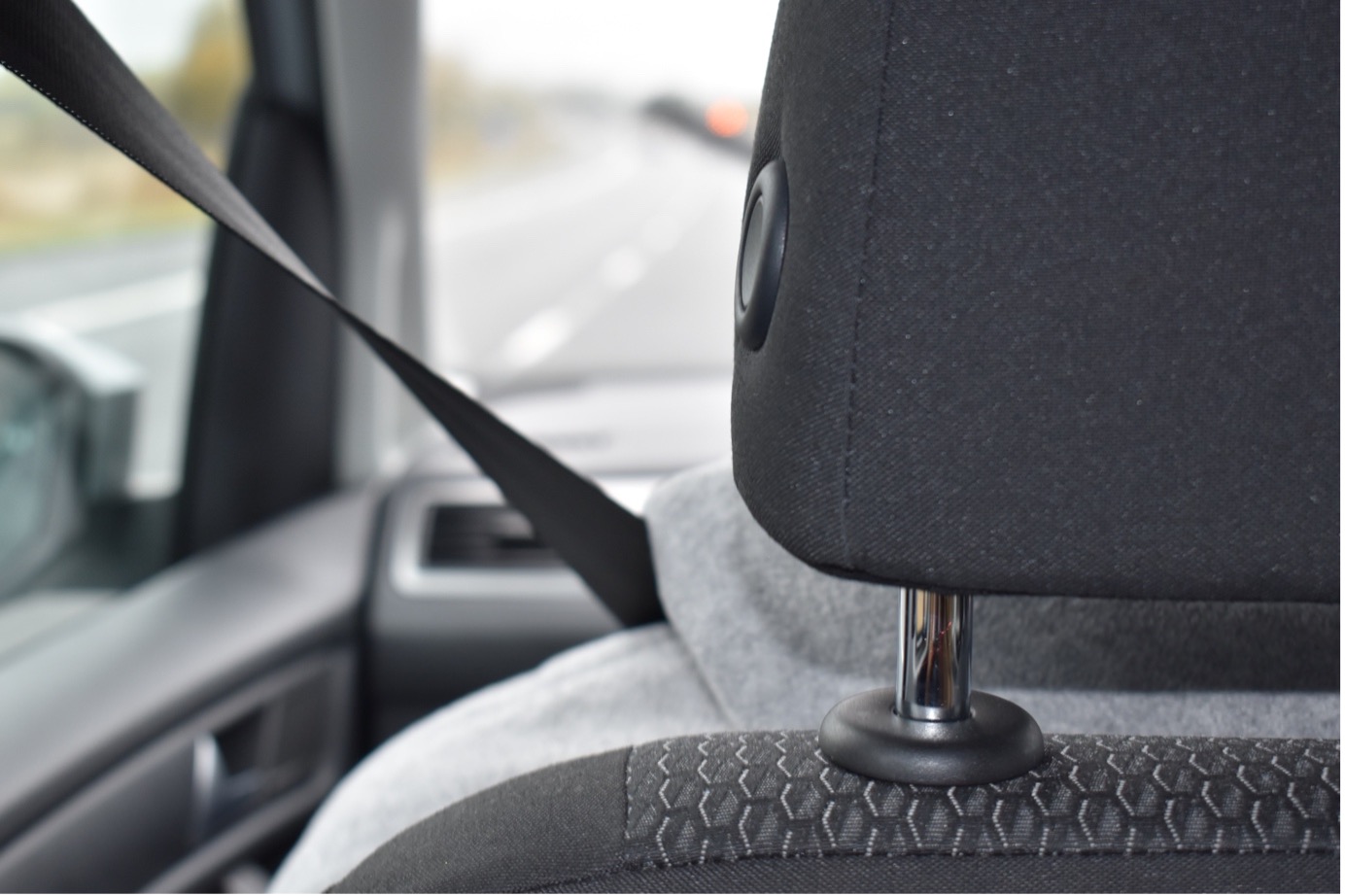
Road Traffic Fatalities
The worst possible outcome of a road traffic collision is a driver, passenger or pedestrian losing their life. If you look at the statistics of fatal injuries claims across the board, the most common ones result from accidents on the road. These types of claims generally involve immediate family members or partners and are brought seeking damages to cover funeral expenses, loss of dependency and emotional distress.
A loss of dependency claim will depend on the income and outgoings of the deceased person at the time of their death, and take into account the family members who were dependent on them before the fatal crash.
How We Can Help
If you’ve been involved in a road traffic collision and require expert advice or assistance, contact us today. Our team of solicitors have for over 30 years been helping victims of accidents and are experts in personal injury litigation and will do everything necessary to help you to claim rightful compensation for your present and future needs.

